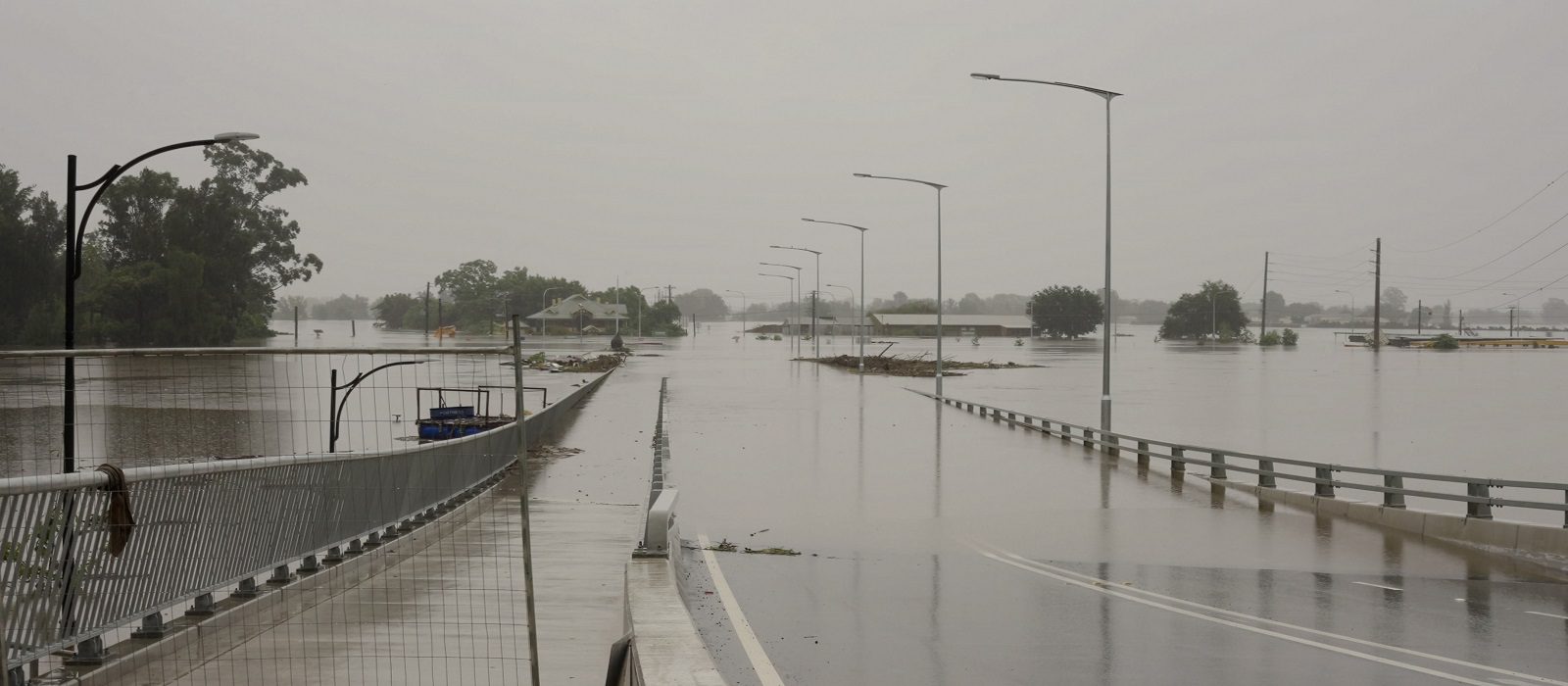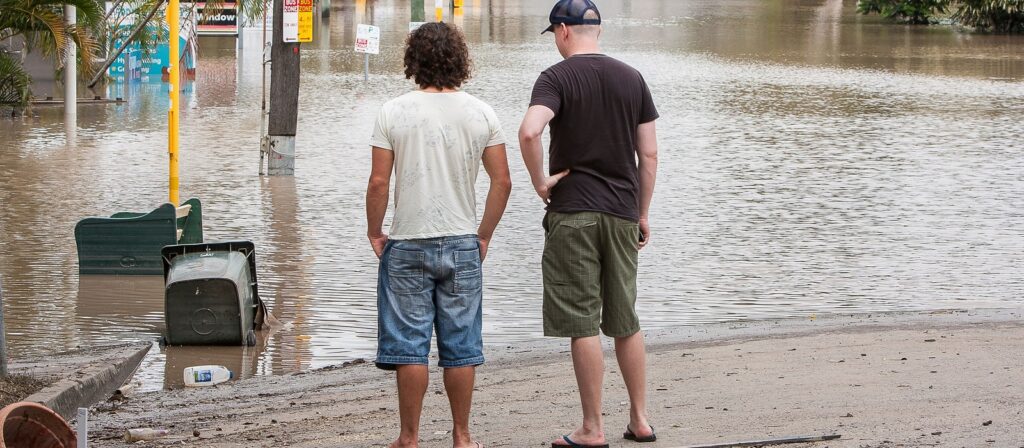As a result of recent floods in New South Wales (NSW, Australia), ICMIF member CivicRisk Mutual has been hard at work. The mutual, which provides property protection to 26 local authorities in NSW, stepped in to ensure council buildings and community centres were repaired.
“In the case of our regional councils we provide water and sewerage services to properties and the infrastructure in Richmond Valley region was severely damaged,” CEO Andrew Armitstead told Co-op News recently. “CivicRisk Mutual works closely with the councils to get them back and operational as soon as possible. The past 12 months have been the largest number and most expensive flood claims in our 34-year history.
“We have made immediate payments to council to get them back and running once we knew the extent of the problem, so they had cash to start rebuilding and worked with them to maximise financial support from the governments as the impact to uninsured infrastructure roads, parks etc are far greater than the council buildings we insure.”
CivicRisk has been acting as “a silent partner” during the crisis, offering support to councils. “The community has been fantastic, however, they are under extreme stress and are exhausted. They would not be aware of the role our organisation performs because we support the council and they deliver the services,” said Armitstead.
“One way the mutual helped the community was to develop a flyer to help residents who needed to make claims on their insurer providing definitions of flood and storm damage and helpful hints to assist them,” Armitstead continued.
He says CivicRisk’s mutual model is crucial in providing resilience, because it involved councils all across NSW – not all of which are as severely affected by floods. “As such the risk is spread and we are able to get more cover for the whole as opposed to the councils going to the market on their own.”
The worst hit councils, he adds, would struggle to get good flood cover – if any – but “together through risk sharing they can get more cover at a cheaper price”.
Armitstead told BCCM he wants to see more collaboration between federal, state and local government to “build infrastructure that provides resilience as we face the impact of climate change” – such as improved water management and better town planning in flood-risk areas.
His mutual is considering its own risk strategies, including the relocation of affected buildings, emergency procedures to move expensive equipment from community buildings, and training sessions to share lessons from affected members.
This story was originally shared by Co-op News as part of a wider story on cooperative and mutual responses to the floods in NSW (Australia) and is shared with their permission. Our thanks to the original author Miles Hadfield.






